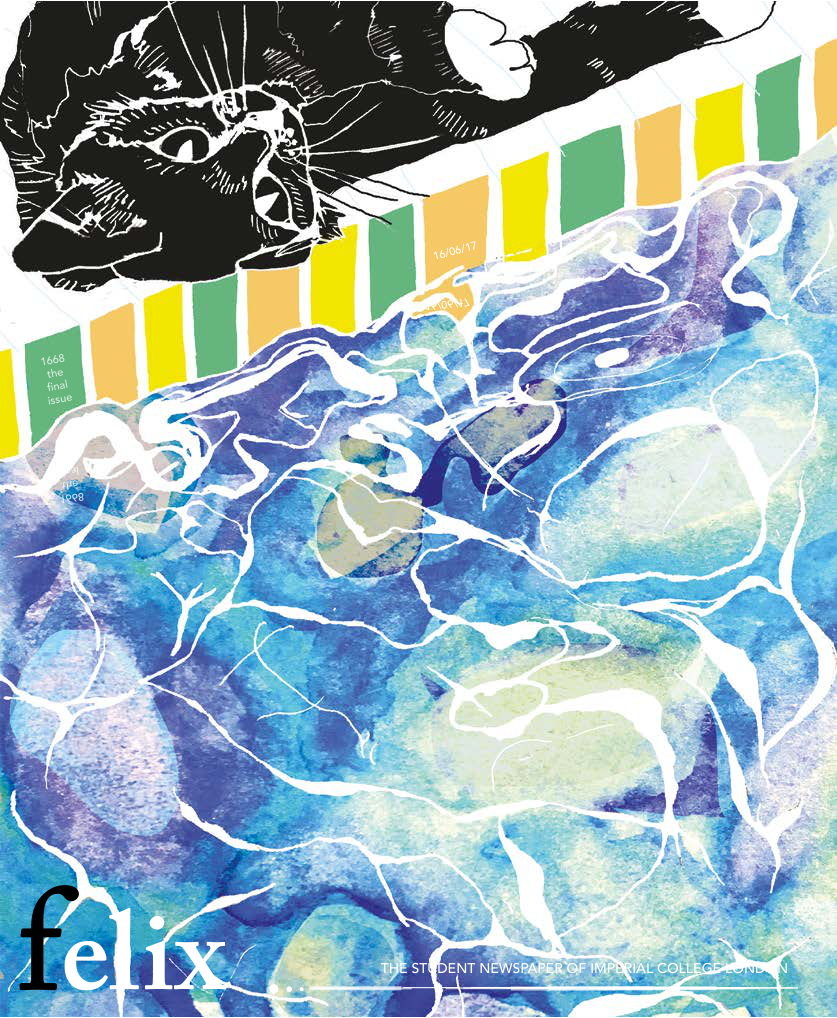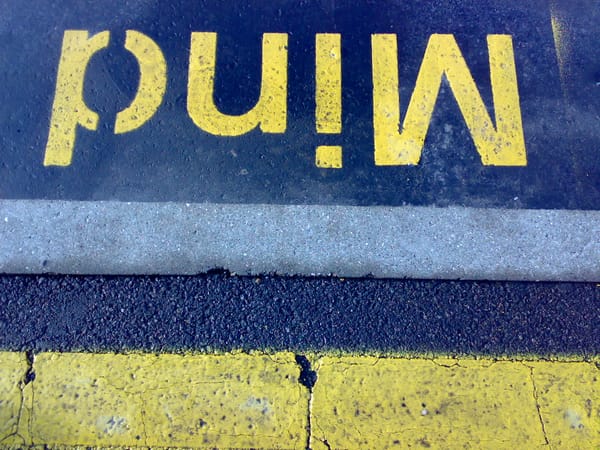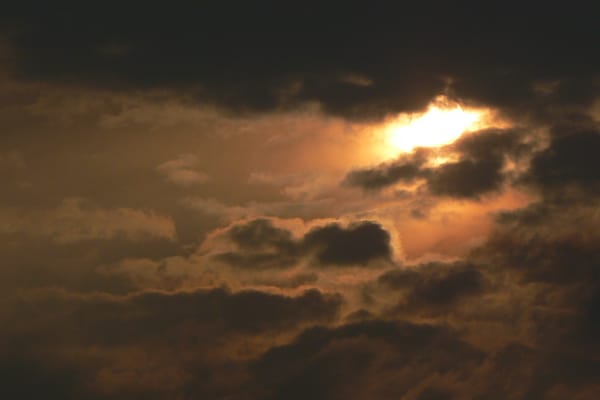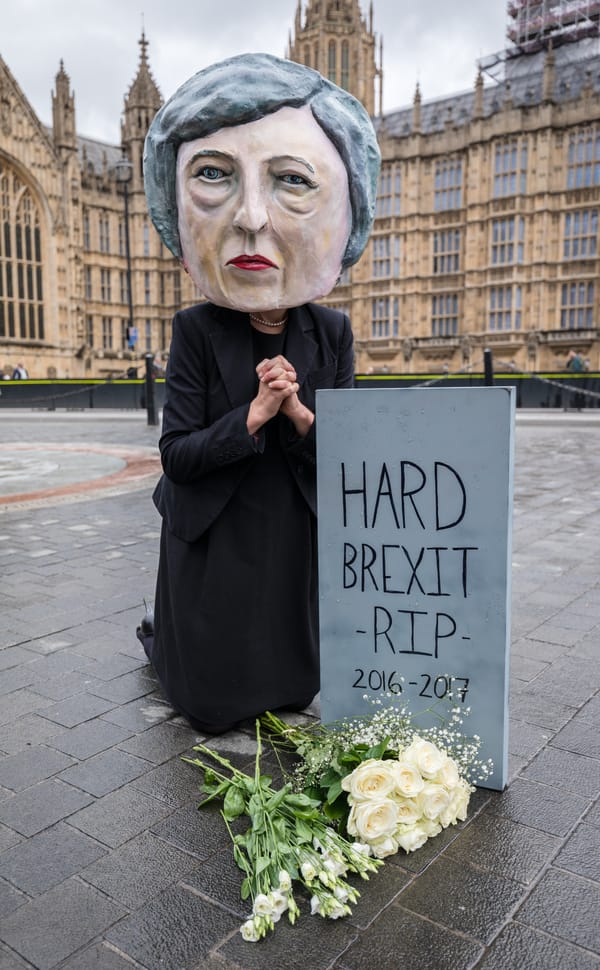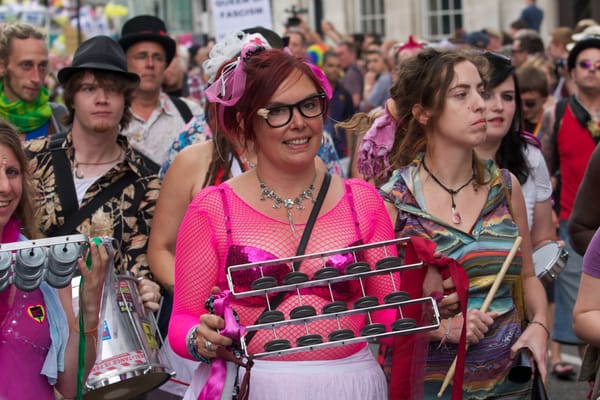Who are the DUP?
Ratan Gor tries to clear up some post-election head-scratching

Last week’s general election marked a momentous occasion. The youth, generally considered docile and apathetic when it comes to politics and voting, went out in their droves to flex their muscle. The main battleground for the election was social media. The weapons of choice: memes and parody videos ranging from the naughty corn-field memes of Theresa May – which gained a Harambe-like following – to Jeremy Corbyn’s face superimposed onto Stormzy’s Shut-up video.
The events of the day played out in dramatic fashion. The Conservatives, despite ending up with the highest comparative number of seats, failed to secure a majority like the one they had before the election. Labour on the other hand managed to claw back 30 seats – meteorically better than what was projected to be a colossal collapse. Perhaps just as significant as the number of seats won were the margins by which they were won. MPs on both sides of the aisle saw themselves elected with wafer-thin margins as historical majorities melted like ice-cream in the sun. UKIP was expunged from parliament failing to capture a single seat. The SNP lost more than a third of theirs. Despite gaining four more seats, the Lib Dems suffered the loss of their steward, Nick Clegg, who was rejected by Sheffield Hallam, a seat which was thought to be solid. Perhaps the most significant result came on the other side of the Irish Sea as the Democratic Unionist Party (DUP) of Northern Ireland, won ten seats. They have subsequently been branded the ‘King Makers’ of the election as the Tories have tried to cut a deal with them in order to form a government. However, just who are they, what do they stand for, and why are they suddenly so important?
First let's note that a majority government helps legislation to be passed through Parliament, as MPs of the governing party can account for more than half the votes. A minority government, on the other hand, has to sway members of other parties in order to get enough votes to pass a bill. Coalitions and deal-making with other parties can help create a majority government and are the options Theresa May’s Conservatives are currently considering. This is where the DUP come in.
Why the DUP and no one else you may ask? Basically, because no one else would dare cut a deal with the Tories at this moment in time for fear of alienating their voters and committing political suicide. As a result, the DUP now have leverage over the Tories as they know that Labour will be only too willing to propose their own government with the backing of any of the other parties, with whom they see eye-to-eye with on a number of key issues.
The DUP is a right-wing, unionist, political party that is currently lead by Arlene Foster. Their position on key issues has been a cause for concern for many over the past few days.
Their position on LGBTQ+ rights, freedoms and liberties is unsettling, to say the least. They oppose gay marriage so much so that they blocked it passing into law despite its winning approval in Northern Ireland's parliament in 2015.
They also vehemently oppose abortion. In Northern Ireland, the criteria for having an abortion are exceptionally strict. This leads many to travel to England to have the procedure done privately. Such a policy has even lead some women to illegally buy medication online if they are unable to afford the trip.
The DUP is riddled with climate change sceptics, with their ex environmental minister having outright called global warming a con. This is especially concerning since The Donald’s messy pull out from the Paris Agreement. We can’t afford any more governments even considering neglecting this critical issue if our planet is to have a future.
Should a deal therefore be agreed between the Tories and the DUP, the latter will have the ear of a government which they would use to try and sway decisions made on such matters to bring them in-line with their archaic worldview.
Ex-Tory PM, Sir John Major, has stated that cutting a deal with the DUP would also go against the Good Friday Agreement which states that the UK government should remain impartial when it comes to dealing with political parties of Northern Ireland. So maybe we are in for another handbrake turn. If the last few weeks have taught us anything in fact, it is that Ms May is indeed the ‘U-turn Queen’. She called this election looking to secure her coronation with an overwhelming majority. I'm sure this precarious government wasn’t quite what she had in mind.
The Tories were ripped apart like a fox on a hound hunt on June 8th – poetic justice. They are now in intensive care and are seeking radical surgery to help stitch them back up. All other parties have refused to operate stating that the risks are too high. And while the DUP seem to be more than keen to lend a helping hand, the question is: at what price? We will have to wait and see.

